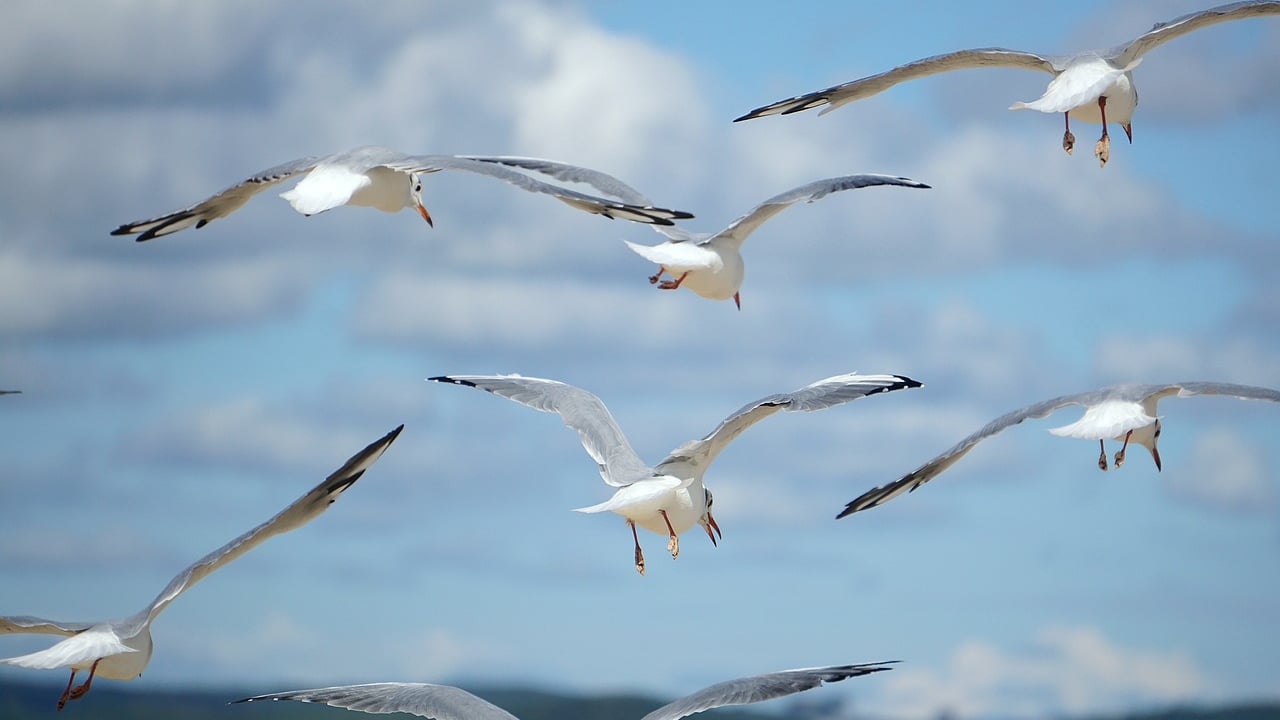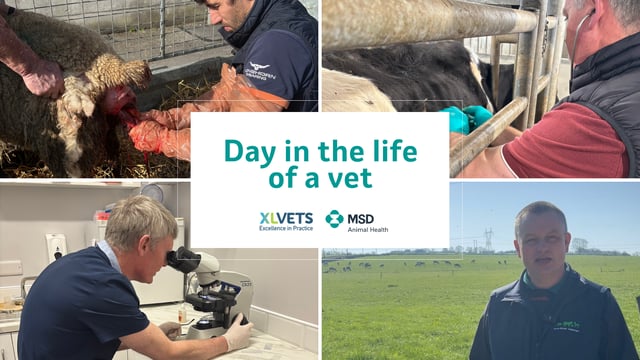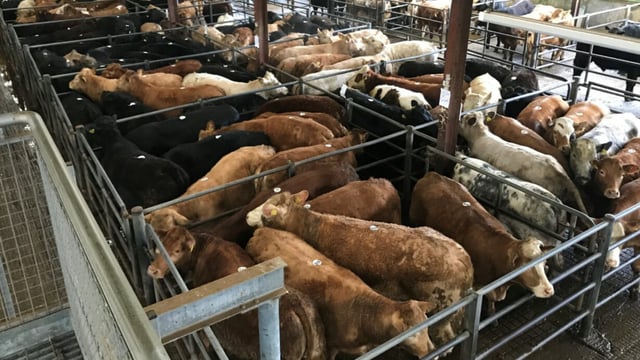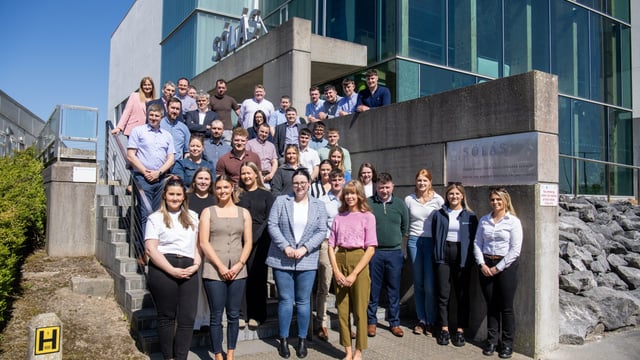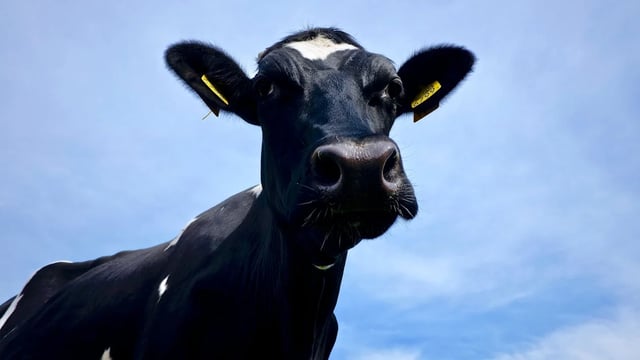HSE: Stay away from sick or dead birds amid bird flu risk
The Health Service Executive (HSE) is urging the public not to touch or handle any sick or dead wild birds, because of the risks associated with avian influenza, more commonly known as bird flu.
Sick or wild birds can be reported to the Department of Agriculture, Food and the Marine (DAFM) through the Avian Check app.
Last week (April 9), DAFM confirmed that there have been 19 confirmed cases of highly pathogenic avian influenza (HPAI) in wild birds in Ireland countrywide during the period January-March 2025.
Bird flu is a type of influenza that primarily affects wild birds and poultry, and which can also occasionally infect some mammals and humans.
HPAI is a type of avian influenza that can cause high levels of illness and deaths in birds.
The HSE believes that of the many strains of HPAI viruses, the H5N1 is widely regarded as the most serious for both birds and humans.
According to the HSE, since 2003, there have been nearly 1,000 human cases of H5N1, half of whom have died.
HSE
Winter tends to be the time of year with the highest level of avian influenza in birds. Although it is late in the avian influenza season, the infection is still affecting Irish wild birds, according to the relevant authorities on the matter.
In a statement, the HSE said: "It is very unusual for people to catch bird flu but it can happen.
"Currently, it is hard to catch bird flu from a bird or animal, and there is no evidence that it can be passed between people, but if the virus mutates (changes) this may happen in the future."
It is important to prevent people getting H5N1 since it can, rarely, "produce serious disease in people".
Mixing of avian influenza and seasonal flu in a person could allow the virus to mutate and become better at spreading between people, according to the HSE.
Health officials have also said that if a person is infected with HPAI, it could be passed from people to Irish poultry flocks leading to severe disease among birds.
If a person picks up or handles sick or dead wild birds that are found to be infected with avian influenza, they will be monitored for a period of 10 days and may be offered antiviral medication and vaccination if they are considered to be at risk.

